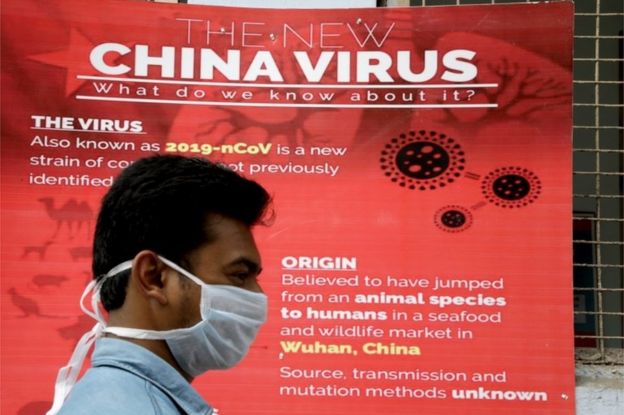

The new research involved serum samples collected from eight people who had recovered from Covid-19, six people fully vaccinated with the Pfizer vaccine and three people fully vaccinated with Moderna’s. The findings were reported in a pre-print paper on on Sunday, which has not yet been peer-reviewed. Lab research into the efficacy of the Pfizer and Moderna vaccines against the variants first seen in India showed that the shots appear to protect against variants. “There is currently insufficient evidence to indicate that any of the variants recently detected in India cause more severe disease,” Public Health England said on May 7. “The thing which has changed is the very clear view now that everyone has looked at it, that is more transmissible than the B.1.1.7 and we expect, over time, this variant to overtake and come to dominate in the UK, in the way that B.1.1.7 took over and indeed other variants have taken over prior to that,” England’s chief medical officer Professor Chris Whitty said Friday.Įarly evidence suggests the Delta variant could cause an increased risk of hospitalization in comparison to the Alpha strain, according to Public Health England (PHE). The United Kingdom, which has world-class virus sequencing capabilities, warned that B.1.617.2 – a subtype of the variant first found in India – would likely overtake others, such as the highly transmissible B.1.1.7 first found in the UK last year, to become the most dominant variant of the virus in the country.

Hancock said last weekend the strain is “around 40% more transmissible” than the formerly dominant Alpha variant, which was already more transmissible compared to the original strain of the virus. The Delta variant was the fourth to be declared a “variant of concern” by the WHO the others are B.1.1.7, which was first seen in the UK and is now known as the Alpha variant B.1.351, or Beta, first detected in South Africa and P.1, first found in Brazil and now called Gamma. That classification means a variant may be more transmissible or cause more severe disease, fail to respond to treatment, evade immune response or fail to be diagnosed by standard tests. The World Health Organization (WHO) designated B.1.617 and its sublineages, including B.1.617.2, as “variants of concern” on May 10. It is now causing concern in the United Kingdom, where it now comprises 91% of new cases, according to Health Secretary Matt Hancock. A coronavirus variant first detected in India in February has now gone global, popping up in dozens of countries and raising fears that the strain may spearhead a wave of infection that could overwhelm health care systems, reverse reopening plans and even potentially undermine the rollout of vaccines.Įxperts believe the Delta variant sparked the huge wave in infections seen across India over the past two months.


 0 kommentar(er)
0 kommentar(er)
